US expands sanctions on Russia, targeting global networks and key individuals
- Update Time : Sunday, August 25, 2024
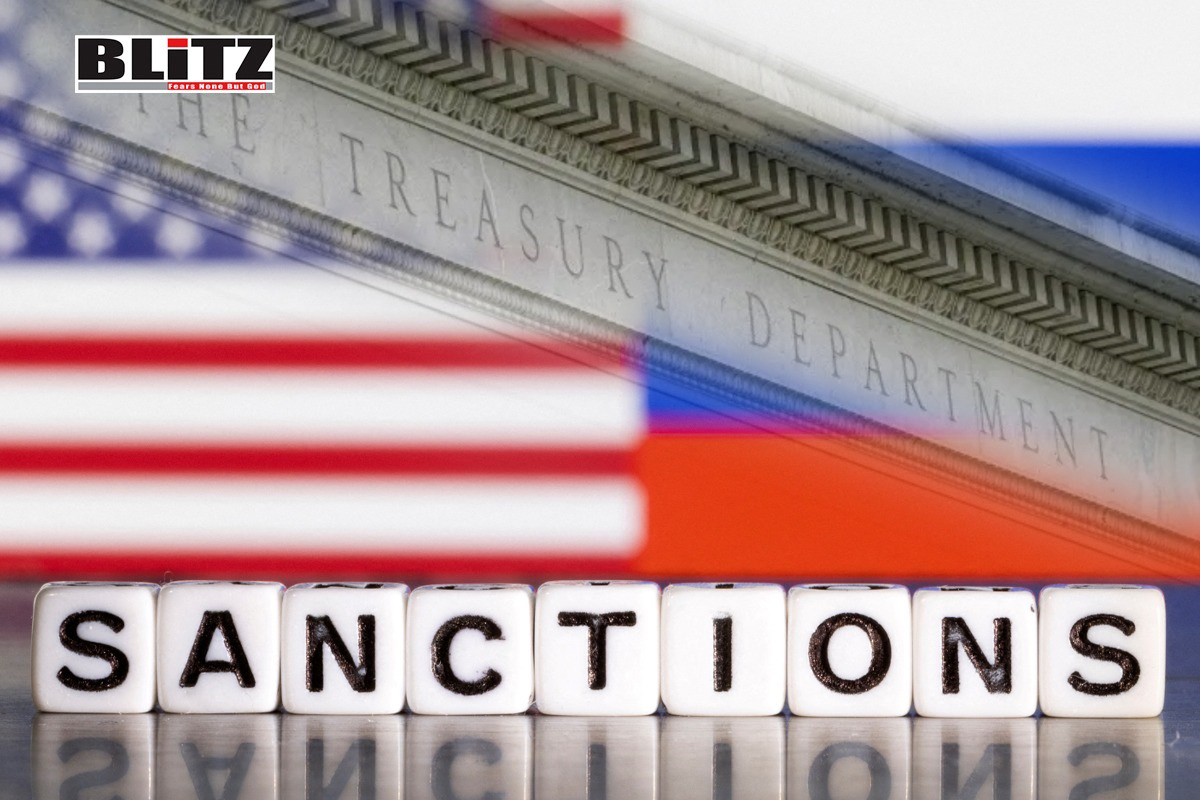
On August 23, 2024, the United States Treasury Department unveiled a sweeping new round of sanctions against Russia, targeting nearly 400 individuals and companies in Russia and around the globe. This significant expansion of sanctions is part of the Biden administration’s ongoing effort to weaken Russia’s ability to sustain its military operations and economic resilience in the face of Western pressure. These sanctions particularly focus on transnational networks that have been instrumental in circumventing previous sanctions, enabling Russia to maintain its military-industrial complex and continue its war efforts.
The latest sanctions impact more than 100 individuals and entities across 16 different jurisdictions. The breadth of these sanctions reflects the intricate web of global connections that Russia has leveraged to evade the severe economic restrictions imposed by Western nations. The new measures aim to disrupt these networks, which have been vital in procuring weapons, military equipment, and other essential goods that support Russia’s military capabilities.
Among the most notable figures targeted by the sanctions are family members of key Russian officials. Andrey Belousov, Russia’s Defense Minister, saw both his son and wife added to the sanctions list. This move signals a deepening strategy by the US to target not just those directly involved in the Russian government but also their extended networks and families, who may be used as proxies to hide assets or conduct business on behalf of sanctioned individuals.
One of the critical elements of the new sanctions package is its focus on transnational networks that have played a pivotal role in helping Russia evade previous sanctions. These networks operate across multiple countries, often using complex schemes to obscure the origins and destinations of goods and financial transactions.
Giulio Sfoglietti, an Italian citizen, is at the center of one such network. According to the US Treasury, Sfoglietti oversaw operations that allowed Russia to purchase weapons in Türkiye, a country that has been a significant hub for Russia’s sanctions evasion efforts. Through these networks, Russia has been able to secure critical military supplies, including weapons and equipment necessary for its ongoing military operations.
Another network highlighted in the sanctions is involved in importing components for the sanctioned Russian company Promtech. This network operates through businesses in Türkiye, France, and Hong Kong, showcasing the global reach of Russia’s procurement efforts. The inclusion of companies from multiple countries in this network underscores the complexity of Russia’s evasion strategies and the challenges faced by Western nations in fully isolating the Russian economy.
In addition to targeting military-related networks, the US sanctions also aim to dismantle financial structures that have allowed Russian oligarchs to continue operating in the West. The Treasury Department revealed the existence of networks in Switzerland and Liechtenstein that have enabled Russian oligarchs to conceal their involvement in Western firms through the use of trust funds. These financial arrangements have not only allowed oligarchs to maintain a presence in Western markets but have also facilitated the continued flow of critical goods, such as semiconductors, to Moscow.
The involvement of Switzerland and Liechtenstein, both known for their financial secrecy, highlights the challenges of tracking and disrupting these sophisticated financial networks. The US sanctions are expected to put increased pressure on these countries to cooperate in identifying and freezing assets linked to sanctioned individuals and entities.
The US sanctions list also includes a number of European and Chinese companies that have been complicit in helping Russia evade sanctions. Fagima, an Italian machine tool manufacturer, was sanctioned for its collaboration with Dmitry Alikhanov, a Russian procurement agent who has now been blacklisted by the US. Fagima’s involvement underscores the role that European companies continue to play in supplying Russia with critical industrial goods, despite the European Union’s own sanctions regime.
Chinese companies have also been prominently featured in the latest sanctions. The inclusion of these firms highlights the growing concern in Washington about China’s role in enabling Russia to bypass Western sanctions. By importing sanctioned items into Russia, these Chinese companies have helped sustain the Russian economy and military, undermining the effectiveness of Western sanctions.
Another significant aspect of the sanctions package is the targeting of companies based in the United Arab Emirates (UAE) that have been involved in trading Russian gold. Gold has become an increasingly important asset for Russia as it seeks to bypass the restrictions placed on its financial system. By trading in gold, Russia can acquire foreign currency and goods, providing a critical lifeline to its economy.
The sanctions on UAE-based companies are a clear signal from Washington that it will not tolerate any country or company that helps Russia evade sanctions. The inclusion of these companies in the sanctions list is likely to strain US-UAE relations, which have already been tested by the UAE’s perceived ambivalence towards the Western stance on Russia.
In a separate but related action, the US Treasury revealed a network of firms established by Russia to support its cyber operations. These firms have been involved in facilitating the activities of Russian hackers who were previously sanctioned by the US in 2018. By targeting these networks, the US aims to disrupt Russia’s cyber capabilities, which have been a key component of its hybrid warfare strategy.
The inclusion of cyber networks in the sanctions package marks a broadening of the US approach to include not just economic and military targets, but also the digital infrastructure that supports Russia’s aggression. This move is likely to escalate tensions in the cyber domain, where Russia and the US have been engaged in a low-intensity conflict for years.
The latest sanctions package from the US Treasury is one of the most comprehensive efforts to date to weaken Russia’s ability to sustain its war effort and undermine its economic stability. By targeting nearly 400 individuals and companies across 16 jurisdictions, the US is sending a clear message that it will continue to tighten the screws on Russia and its global enablers.
The inclusion of networks in countries like Türkiye, Switzerland, Liechtenstein, and the UAE, as well as the involvement of Chinese companies, underscores the global nature of the sanctions effort. These measures are designed not only to punish Russia but also to compel other nations to choose sides in the ongoing conflict.
As the US continues to expand its sanctions regime, the pressure on Russia and its global partners is likely to increase. However, the success of these sanctions will ultimately depend on the willingness of other countries to cooperate with the US and the ability of the international community to close the remaining loopholes that allow Russia to evade sanctions.



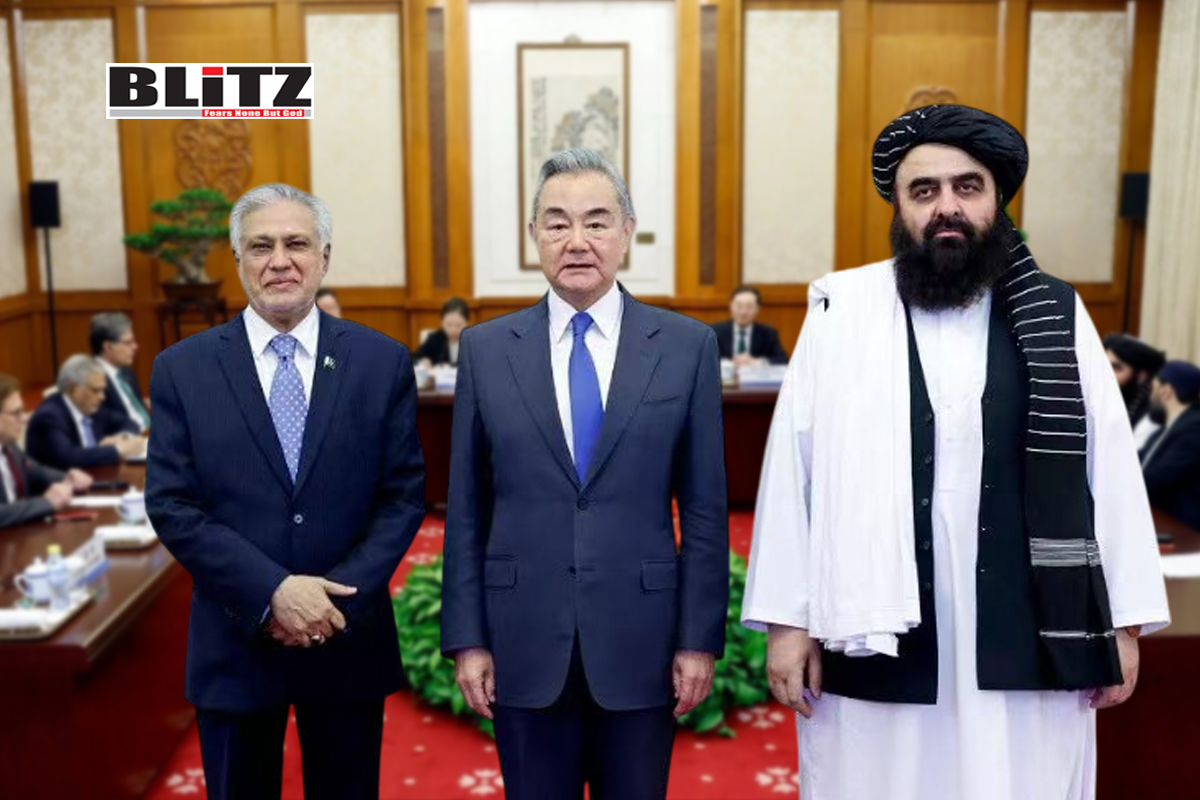
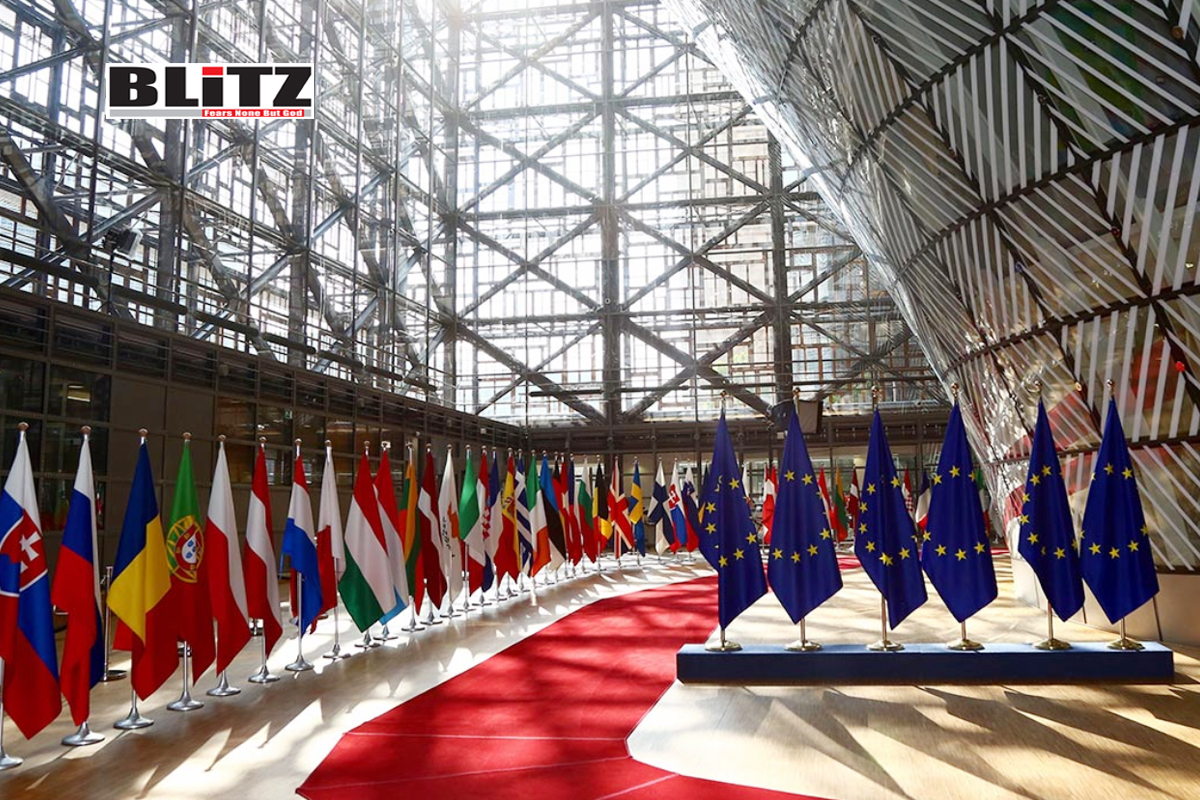
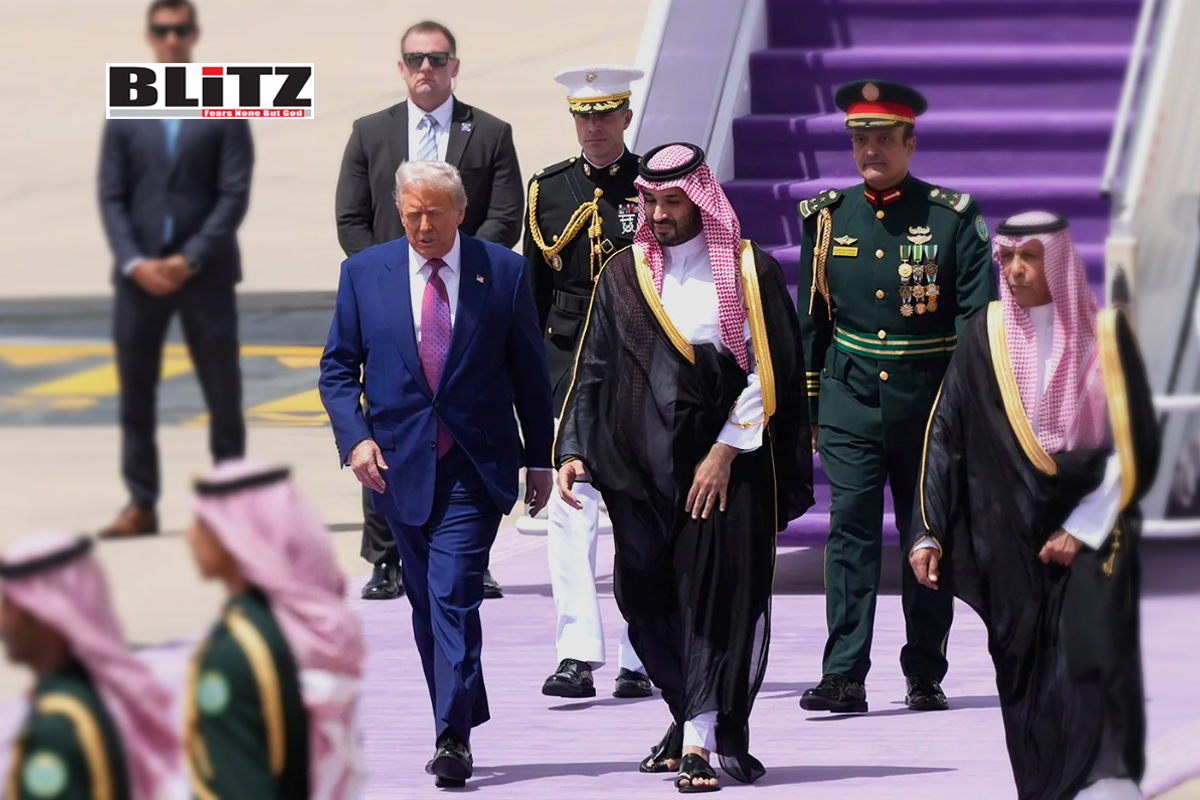
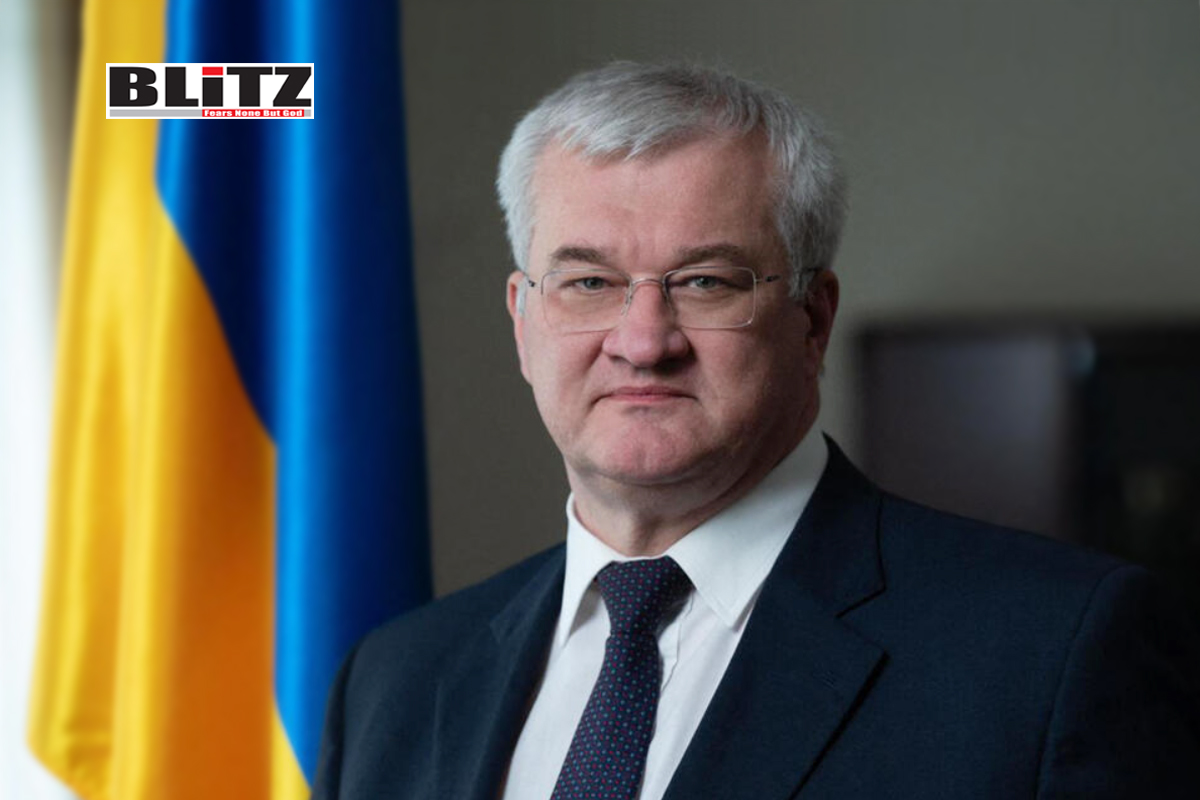
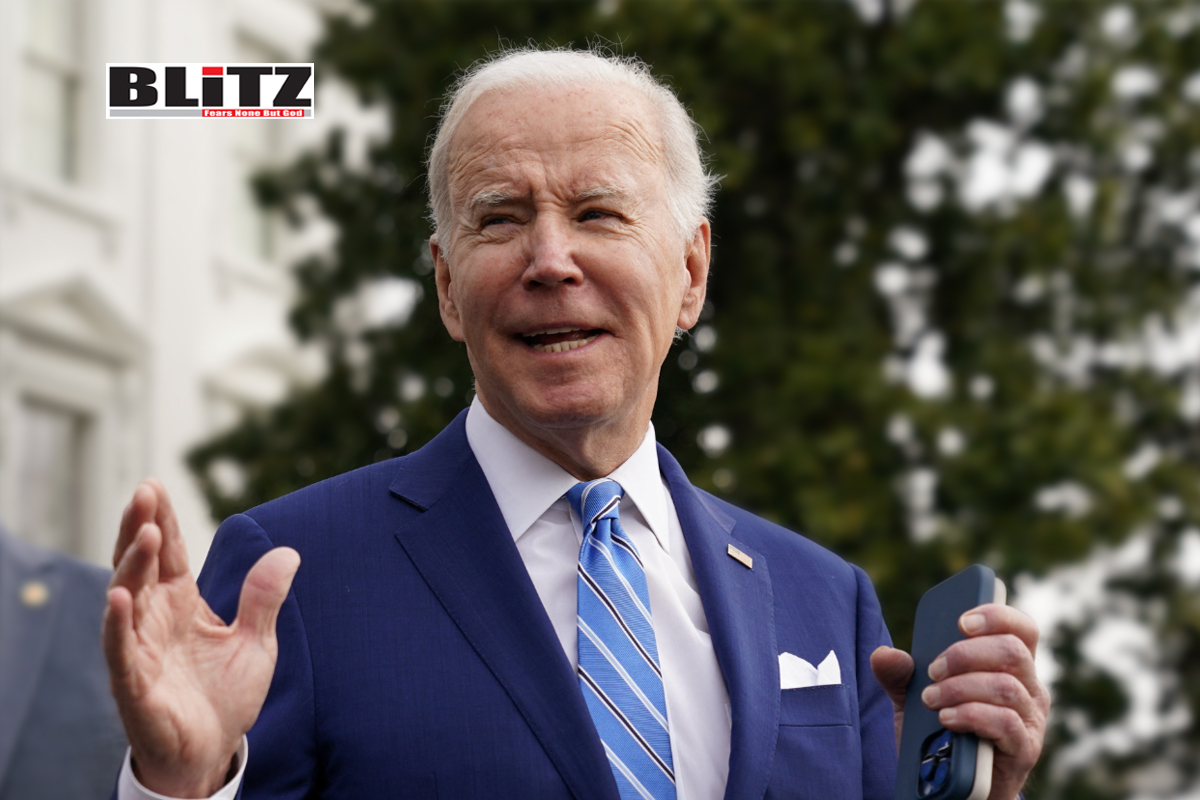
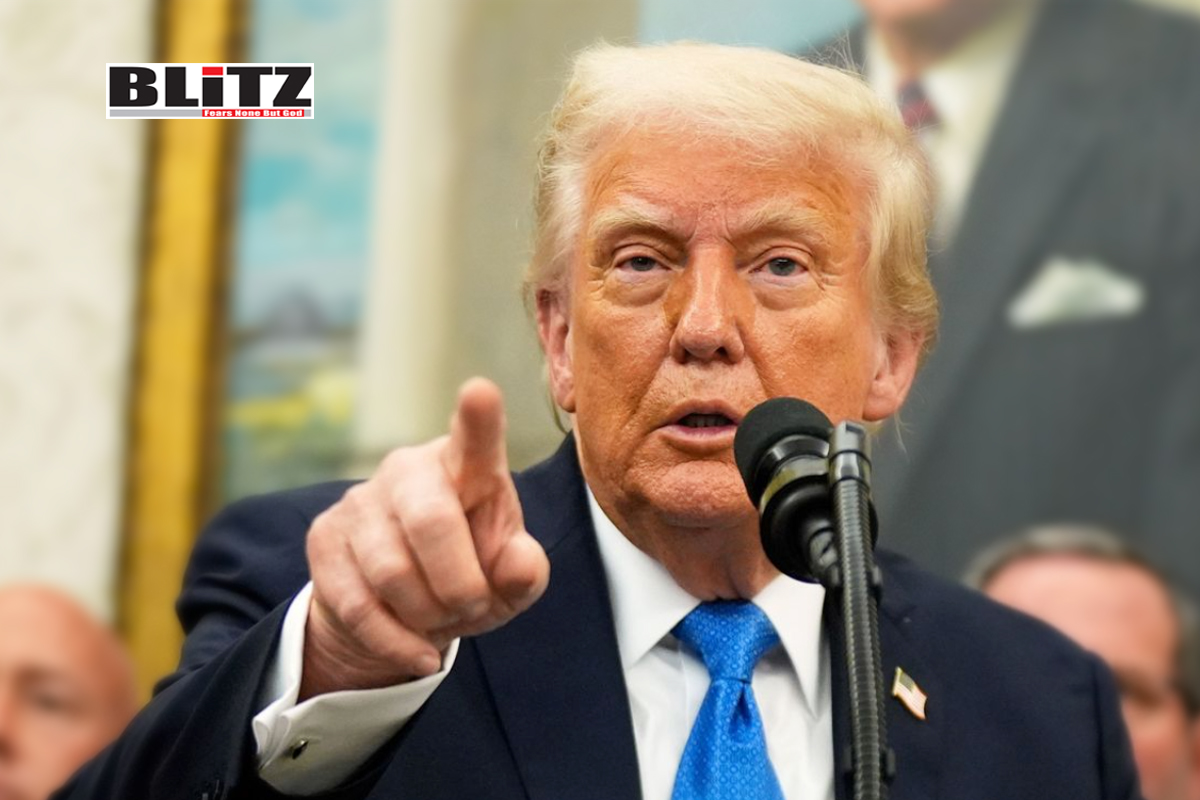




Leave a Reply